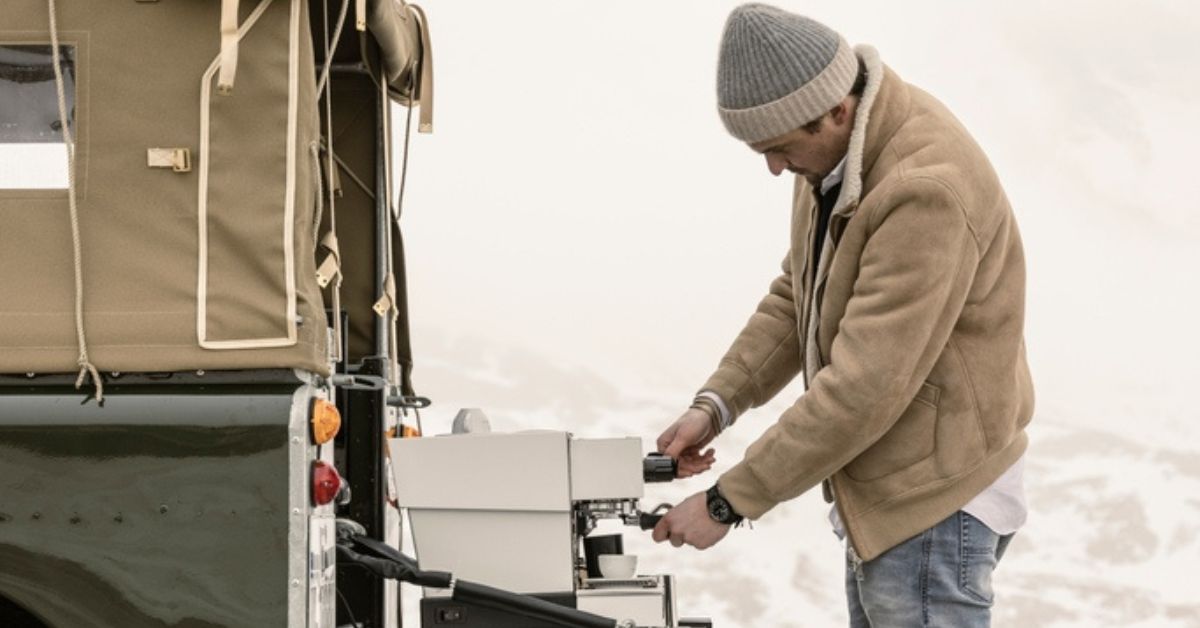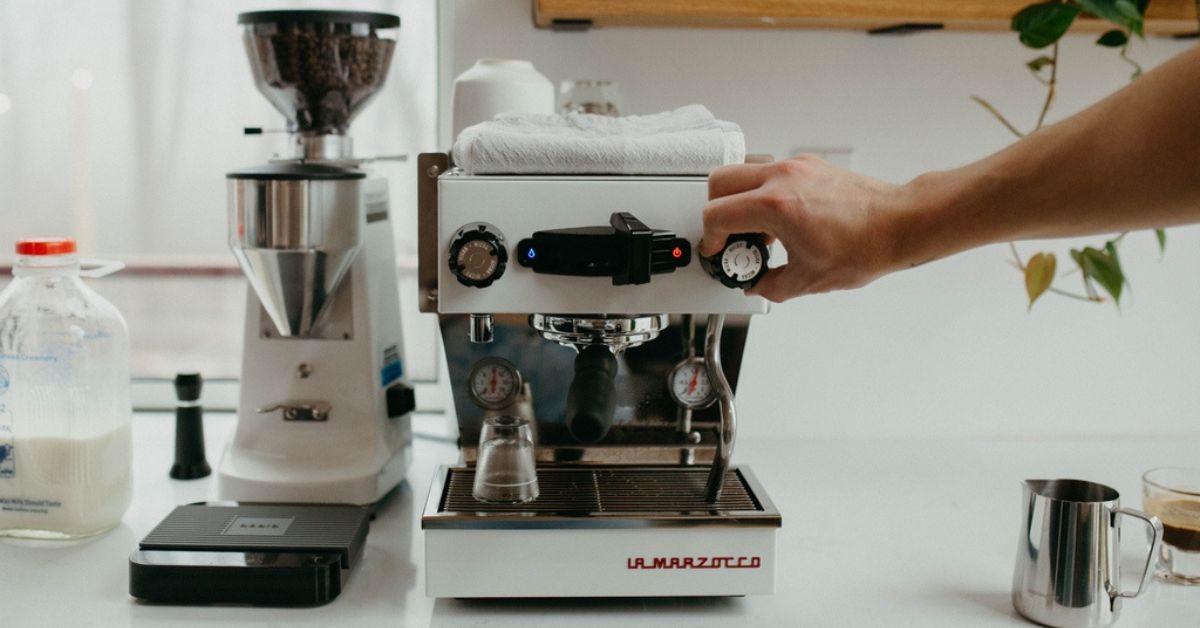DUBAI, UAE — Coffee, one of the most traditional drinks in the GCC, and products related to it have been witnessing growth in demand in the region despite global challenges — from agricultural struggles to rising prices, said an expert.
“The rising consumption and appreciation for specialty coffee indicate a sustained demand for premium machines that cater to the evolving preferences of coffee professionals and enthusiasts,” Csaba Henter, General Manager of coffee machine manufacturer La Marzocco in UAE, told TRENDS in an interview.
Due to the substantial growth and resilience of the coffee equipment industry in 2022, La Marzocco has observed an increased demand for high-quality coffee machines that excel in performance, craftsmanship, and innovation, he said.
Saudi market
Saudi Arabia is among the top 10 countries worldwide consuming coffee, exceeding 80,000 tons annually.
According to the Saudi Ministry of Environment, Water and Agriculture’s report in March, the coffee quantities imported to the Saudi market are estimated at between 70,000 tons and 90,000 tons annually, while the average spending by Saudis on prepared coffee is more than US$ 270 million.
In this context, the ministry is working to achieve self-sufficiency in domestic coffee production to boost non-oil domestic products in the future.
Saudi Arabia is witnessing an annual growth of coffee consumption by about 4 percent for the period between 2016 and 2021, and the sector is expected to grow by 5 percent in the coming years, to reach 28,700 tons by the end of 2026, which provides and creates attractive investment opportunities in the sector.
- NEWS IN NUMBERS
- Saudi Arabia is among the top 10 countries worldwide consuming coffee, exceeding 80,000 tons annually.
- The coffee quantities imported to the Saudi market are estimated at between 70,000 tons and 90,000 tons annually, with the average spending by Saudis on prepared coffee being more than US$ 270 million.
- Saudi Arabia has witnessed an annual growth of coffee consumption by about 4 percent for the period between 2016 and 2021, and the sector is expected to grow by 5 percent in the coming years, reaching 28,700 tons by the end of 2026.
- The Saudi Ministry of Environment, Water, and Agriculture is aiming to make 13 governorates in the southwestern part of Saudi Arabia an important source of coffee production.
- A study conducted by the “6W Research” center expected that the compound annual growth rate of the coffee market in the UAE would reach 8.3 percent from 2021 to 2027.
- Statista.com data estimated the size of the local coffee market in 2022 at US$ 1.16 billion. The UAE records annual spending of US$ 630 million on coffee consumption.
- International studies predicted that the world would lose half of the best coffee-growing land under a moderate climate change scenario, and the arable land suitable for coffee cultivation in Brazil would decrease to 79 percent.
The ministry is aiming to make 13 governorates in the southwestern part of Saudi Arabia an important source of coffee production, especially “Khawlani” coffee, which is distinguished by quality compared to other types, and to raise the percentage of coffee production in the Kingdom in support of the national economy, according to the goals of “Vision 2030”.
Demand in the UAE
A study conducted by the “6W Research” center expected that the compound annual growth rate of the coffee market in the UAE would reach 8.3 percent from 2021 to 2027.
At the same time, Statista.com data estimated the size of the local coffee market in 2022 at US$ 1.16 billion. The UAE records annual spending of US$ 630 million on coffee consumption.
The significant growth in the coffee market in the country is attributed to many factors, including the diversity of cultures and nationalities that the country embraces, which led to the attraction of many different types of coffee tastes and the opening of many international coffee chains.

Challenges
Climate change could be one of the most significant challenges for coffee production. For example, international studies predicted that the world would lose half of the best coffee-growing land under a moderate climate change scenario, and the arable land suitable for coffee cultivation in Brazil would decrease to 79 percent.
The world’s view of climate change has changed during the recent period. Instead of talking about rising temperatures or melting the ice of the poles, the world is talking about the impact of climate change on agricultural crops.
One of the crops most affected by climatic changes was coffee, given that it needs an exceptional climate to be of high quality, as coffee grows in a tropical environment at temperatures between 13 and 26 degrees Celsius, and coffee trees need a mixture of the sun in the dry and rainy season, as well as shade.
Other challenges such as high market rivalry, customer price sensitivity, adapting to cultural tastes, and managing complex distribution and logistics networks across numerous nations affect coffee equipment manufacturers and suppliers in the GCC.
Henter said that overcoming these challenges “requires establishing a strong market presence, balancing competitive pricing and profitability.” Additionally, this can be achieved by adapting products to cultural preferences and establishing efficient distribution channels to ensure the timely delivery of equipment.
Henter highlighted that businesses must remain well-informed about the industry’s challenges and trends in order to proactively develop strategies that align with sustainability goals and cater to customers’ evolving preferences.
La Marzocco, the company said, seeks to push the boundaries of coffee equipment manufacturing by prioritizing the delivery of cutting-edge technology, customizable solutions, and unmatched customer support.
La Marzocco has established partnerships with renowned brands such as Porsche and Lamborghini. Moreover, its acquisition of Officine Fratelli Bambi offers a range of espresso machines that epitomize the pinnacle of craftsmanship.








